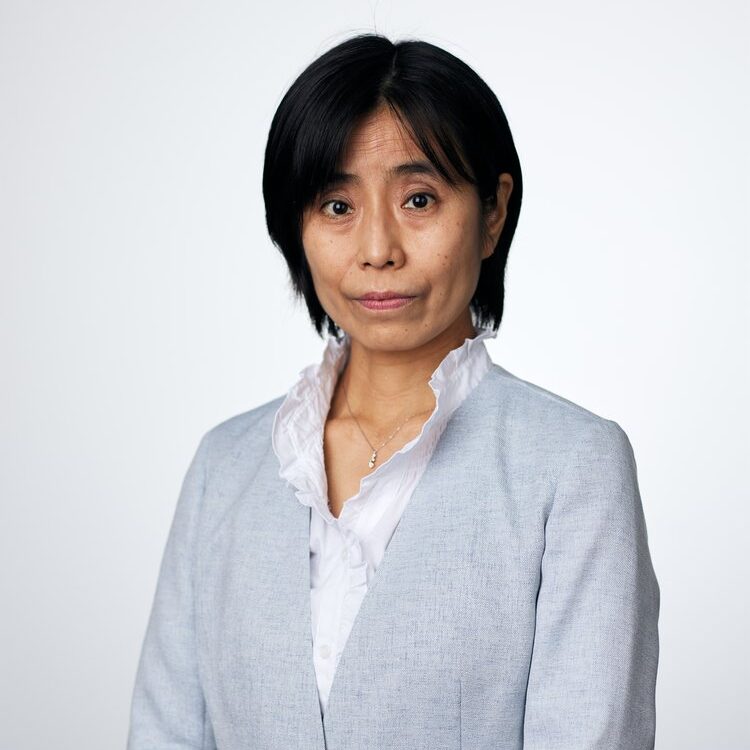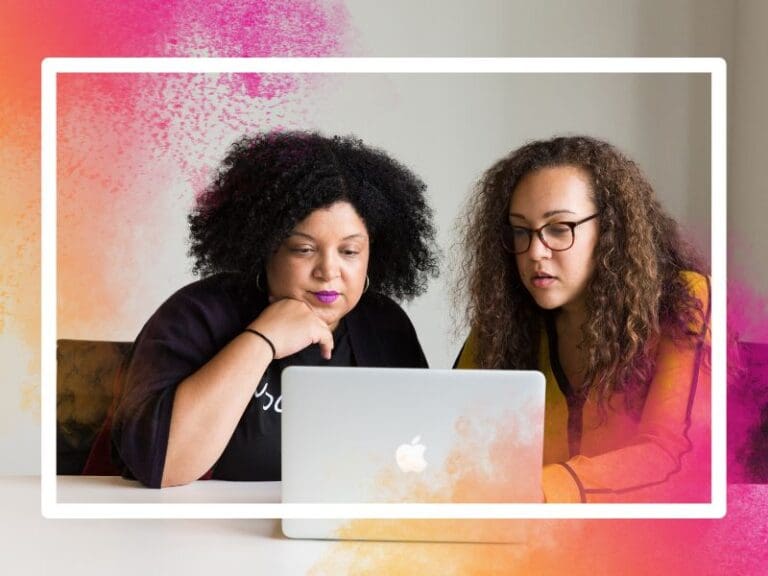THROUGHOUT HER CAREER, TAKAYO TAKAMURO, MANAGING DIRECTOR AT TELEHOUSE, HAS TRAILBLAZED PATHWAYS NOT PREVIOUSLY OPEN TO WOMEN, DEMONSTRATING THE BOLDNESS TO BREAK AWAY FROM TRADITIONAL STEREOTYPES.

In 2004, she transferred from her role in Japan to join Telehouse Europe in London. Whilst the required leaving her family behind and stepping into a completely new culture, Taka knew it was essential to pursue her career aspirations, leaving a country whose tech sector was predominantly male and provided few progression opportunities for women.
Almost 20 years on, Taka has progressed to the role of Telehouse Europe’s MD – responsible for the leadership and development of one of the top data centres in Europe. Taka notes that whilst her company and family were supportive of her original move, she had no female mentors in the process. It’s something she wants to spark a change with for the next generation of women in tech, becoming a mentor herself to those who are keen to follow her path.
Taka shares with us why she feels mentoring is so important and how it can benefit both employees and organisations.
I MUST START BY SAYING THAT I ACHIEVED MY CAREER GOALS AND POSITION TODAY WITH THE SUPPORT OF MENTORS WHO GUIDED ME AT VARIOUS POINTS IN MY CAREER.
Like many who have reaped the benefits of being mentored, I am keen to continue the process and ignite the spark in a new generation of talent.
When I started my career, I didn’t know anything about telecommunications or the data centre industry. I had to learn everything from scratch, through continuous learning and communication with my colleagues and management.
Today, just 26% of the general tech workforce are women, accounting for a mere 5% of leadership positions. And as small as this figure might seem, it still represents the growth and achievements of the many women who were not discouraged by traditional perceptions of the industry.
It’s undeniable that the IT world needs more female professionals. There are so many innovative technologies coming on stream right now, AI and robotics to name but two, and women need to have a say in how these technologies are developed and deployed.
One way to encourage more women into senior positions, and keep them there, is through mentoring.
And I feel that, for women who are taking their first steps in management, the support of a female mentor can be hugely beneficial to explore opportunities which they may mistakenly think are closed to them.
I never had a female mentor of my own, as I was one of very few women in the technology sector in Japan where I began my career, and there were no female executives to guide me on my career path. But mentorship is a cultural phenomenon, and one aspect that concerns me is that women often feel out of place in leadership positions. While this feeling is not confined to women, I firmly believe that having a female mentor can help women to overcome it more effectively, and change the perception that women have of an organisation.
In my own case, coming from Japan, my career started at a time when women were still expected to fulfil support functions. It was quite unusual for us to work in sales within the IT market, which is where my journey began. But this didn’t discourage me. Instead, it ignited a passion for learning and a determination to pursue senior roles, which I hope to pass onto the next generation.
A female mentor in the technology industry is likely to be someone like me, a person who has fought against the current. But in the future, it won’t be this way. Soon, there will be nothing unusual about women running large technology organisations. It will no longer attract any attention.
Mentoring is particularly valuable as women progress in their careers. There are some unique skills and knowledge, and contextual intelligence which are required for top management and board positions.
Mentors can facilitate the process of acquiring this specialised knowledge, allowing women to contribute effectively from day one when they enter senior positions.
Those of us who have found our place in leadership roles can help guide the next generation of women to succeed us.
We can also drive change in working culture by demonstrating the benefits of gender balance to stakeholders. Today, the technology industry is benefitting from the contribution of highly capable and industrious women around the world who are taking powerful strides forward in helping the industry to innovate and evolve.
But bringing about such change is not something that happens in a day. It takes a cultural shift that everyone must buy into. And it takes time. Our goal is to reinforce the message that excellent career opportunities exist in our industry for women. We need to encourage and support women in building their skills in order to progress their careers into senior leadership positions. True change can be slow, but we’re seeing progress, and at Telehouse, we now have ten females on the senior leadership team.
And while mentoring is an important element for career progression, we still need to attract more women into the industry, which means starting at the grassroots level.
We must ensure STEM subjects capture the interest of girls early in their education and cultivate their passion throughout the school years.
It is the responsibility of individual companies to create a culture where women can thrive and feel inspired to succeed, and for mentors to nurture and encourage this talent.








